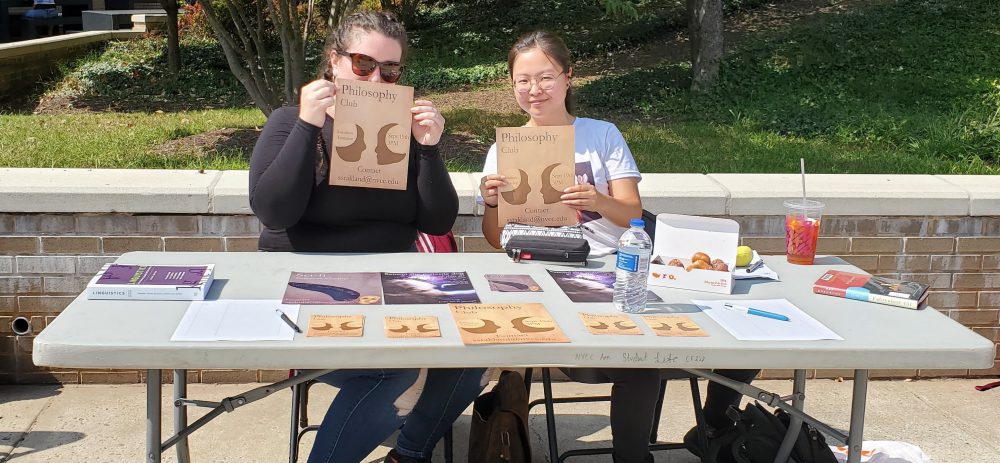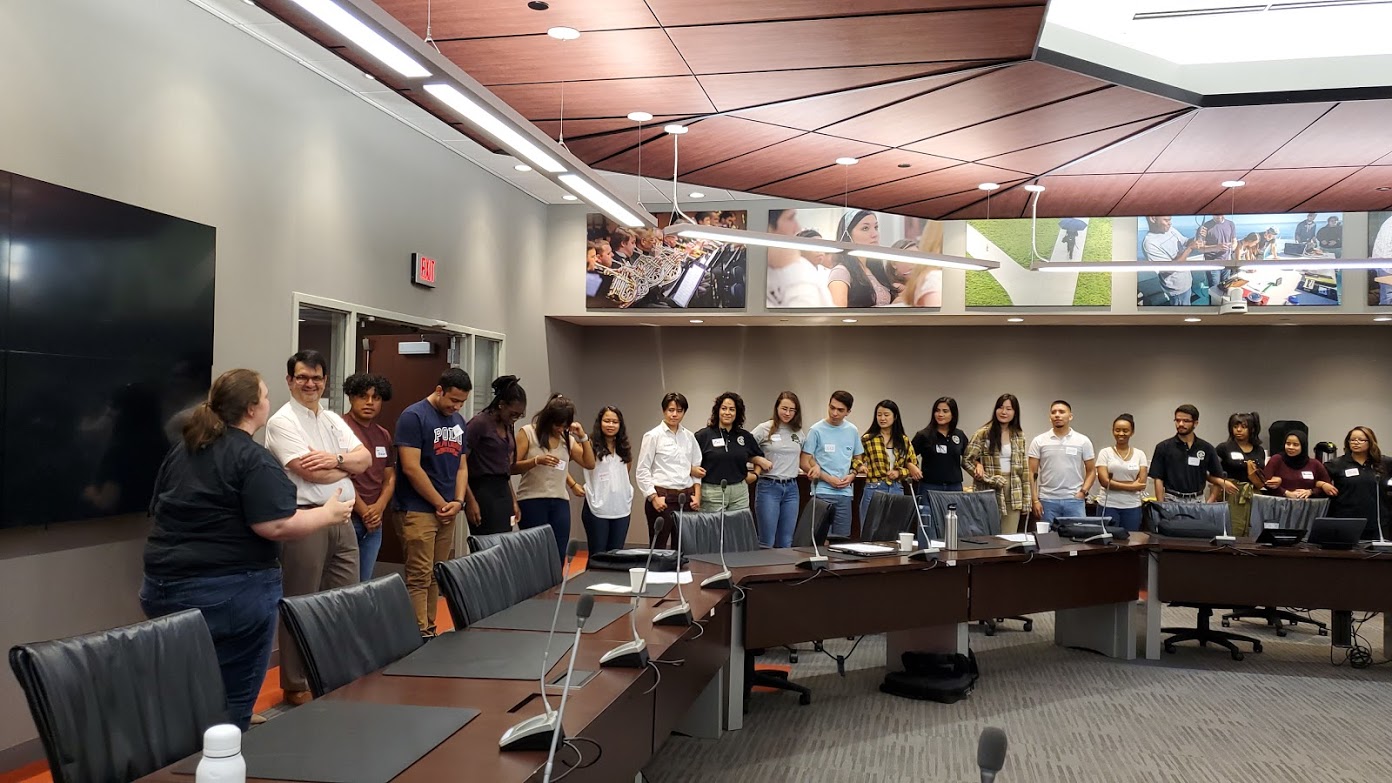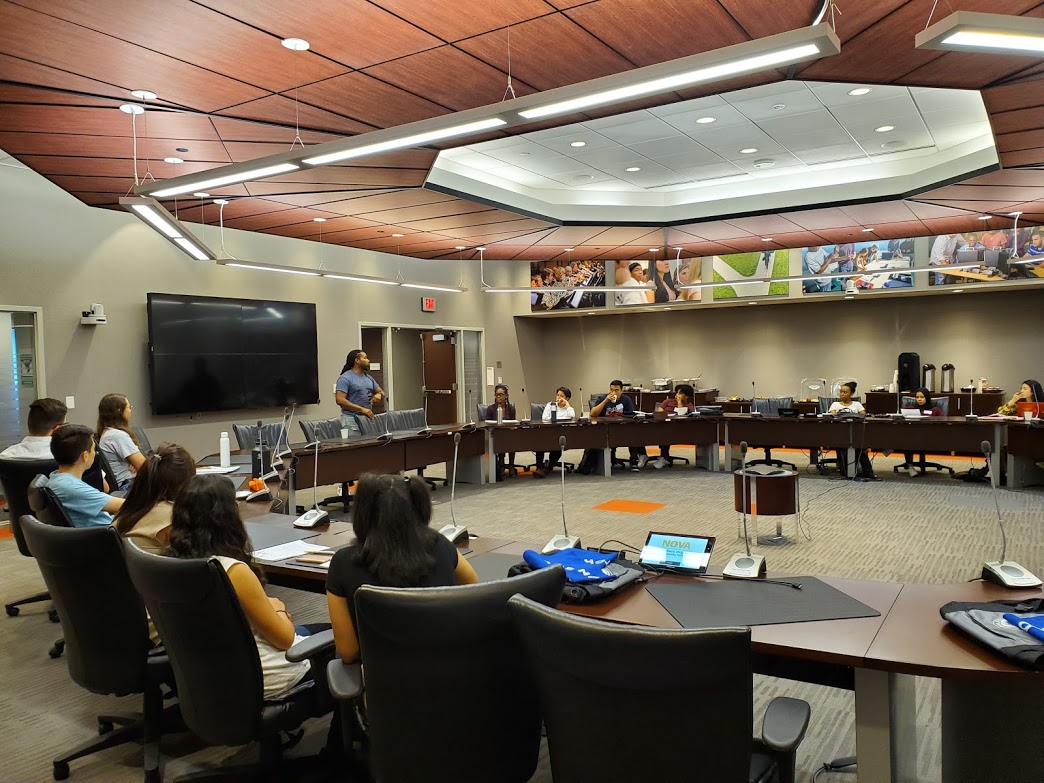Alternative Spring Break – Roanoke, VA
Amber Dunn is an online student working towards a degree in Film Studies. She shares her experience spending Spring break with Student Life in order to volunteer and give back to the community!
——-
Spring Break. A time to catch up with your friends. Maybe you and your besties hop in the car and go on a road trip. Or, your family might decide to soak up some sun rays on the beach. Whatever you do, you are having fun. Making memories with the people you hold close to your heart. Would you ever consider spending Spring Break with people you didn’t know? I’m talking about complete. Strangers. Would you be willing to spend Spring Break working? How would you feel if part of your Spring Break was spent getting dirty?
I was a little hesitant when the words “Alternative Spring Break” popped up on my screen. I thought, ”spend part of my time doing labor!” My best friend, Heather, convinced me. She exclaimed “Come on! It will be fun!” I decided “More time with my best friend, why not.”
The night before I left for the trip I was contemplating attending. At the time I was enrolled in an online course, and had a ton of work due plus an exam. I was worried I was not going to be able to finish the assignments, and adequately study. Then I reflected on the past month. I spent the entire month writing essays, and applying for what felt like 100 universities! I told myself, “you need this break.” The next morning, I was on my way to Roanoke, VA.
I did not except my life to be impacted within the three days. The first day we helped clean Mt. Zion AME church and settled in. The second day we helped Roanoke Rescue Mission. We helped package and give out food to families in need. It was a life changing experience because the quality of the food was superior. I have helped give back to families in need before, and the food these families typically received was non-perishables. The food Roanoke Rescue Mission gave out to their community in need was perishable and non-perishable. Food that had quality. Plus, they also provided dog or cat food. I was blown away by the food the community received. It was food with love.


Later in the day we went to the Habitat for Humanity ReStore. While we were there we helped clean the store, rearrange books, and move shelves. The best part was learning about the mission of Habitat for Humanity, and hearing about the lives it has changed through ReStore.
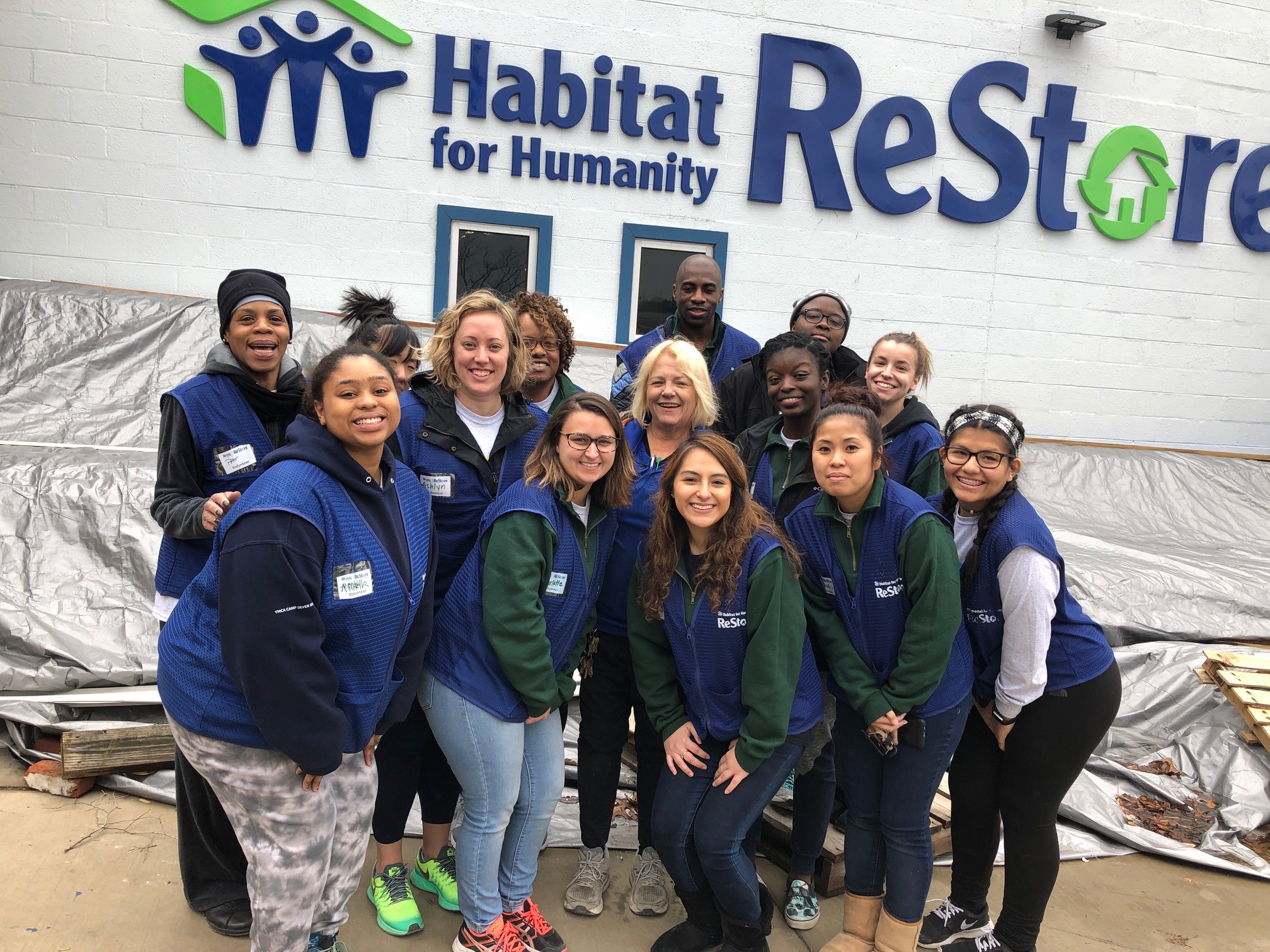
The last day we spent going to church for six hours. You read it correctly. Church, for six hours. Now, now. You are probably thinking, “Church? Six hours?” I know, I know. It was wonderful. The reason we attended Church was to experience a different element. Personally, attending Church spoke to me. Spring Break was at a time, two years ago I applied for nine universities. I was devastated my applications did not turn out the way I envisioned it. I did get accepted into one school, Spelman University, but I couldn’t attend due to a promise I made to myself over eight years ago. I promised myself I would graduate college debt free.
As I sat in Church I reflected upon how I improved since then. I made tremendous progress. I saw how all the rejections came together and led me in a better direction. After Church we went back to the Rescue Mission to help serve food to homeless families. One thing I noticed as I served these families was how polite and thankful they were. It warmed my heart when people looked me in the eyes and said, “Thank you. God Bless.” I could feel the sincerity behind their words.
Once we were done serving Pastor Ziglar took us on a mini-tour of the city. We drove to The Roanoke Star. As we approached the star we witnessed a breath-taking view of the city, and its life.



After we gathered our breaths, we grabbed ice cream and headed back to Mt. Zion. The next morning it was time to depart. By the conclusion of the trip I got to know my trip members better and see a new community. In fact, I was bummed the trip wasn’t an entire week. It felt amazing giving back and meeting new people. If you are ever given the chance between Spring Break or ALTERNATIVE Spring Break, take the latter. You never know how your life might change.
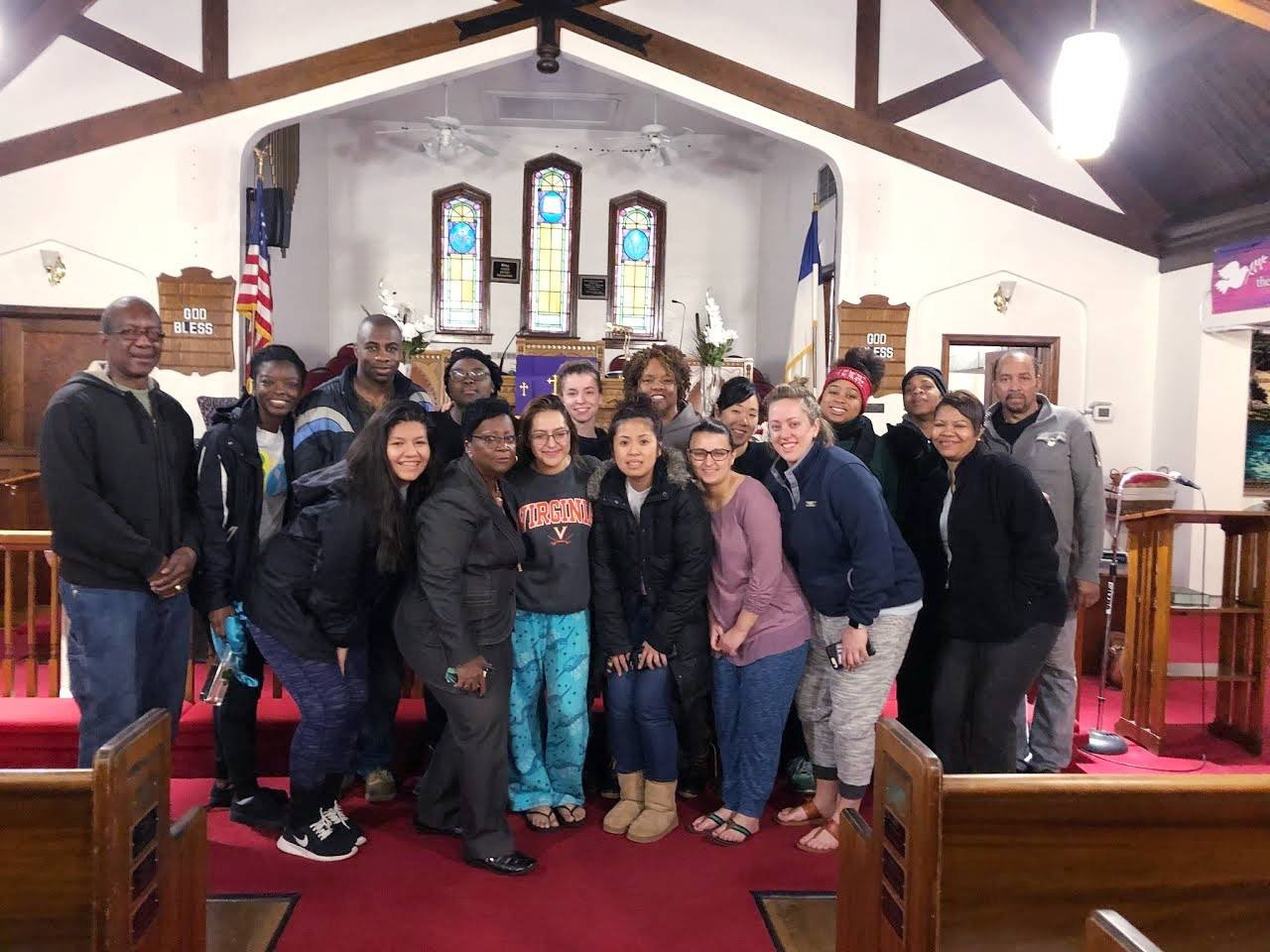
Amber Dunn aed2543@email.vccs.edu

